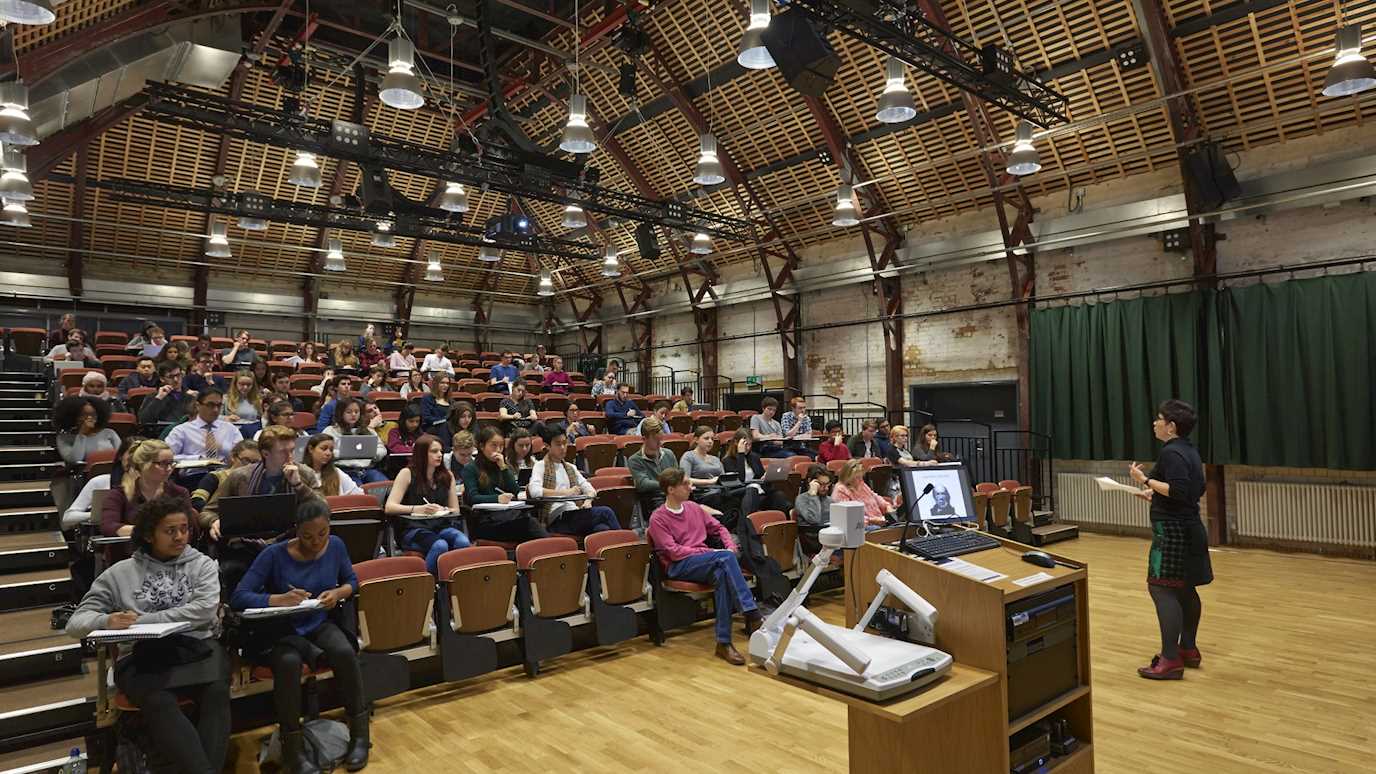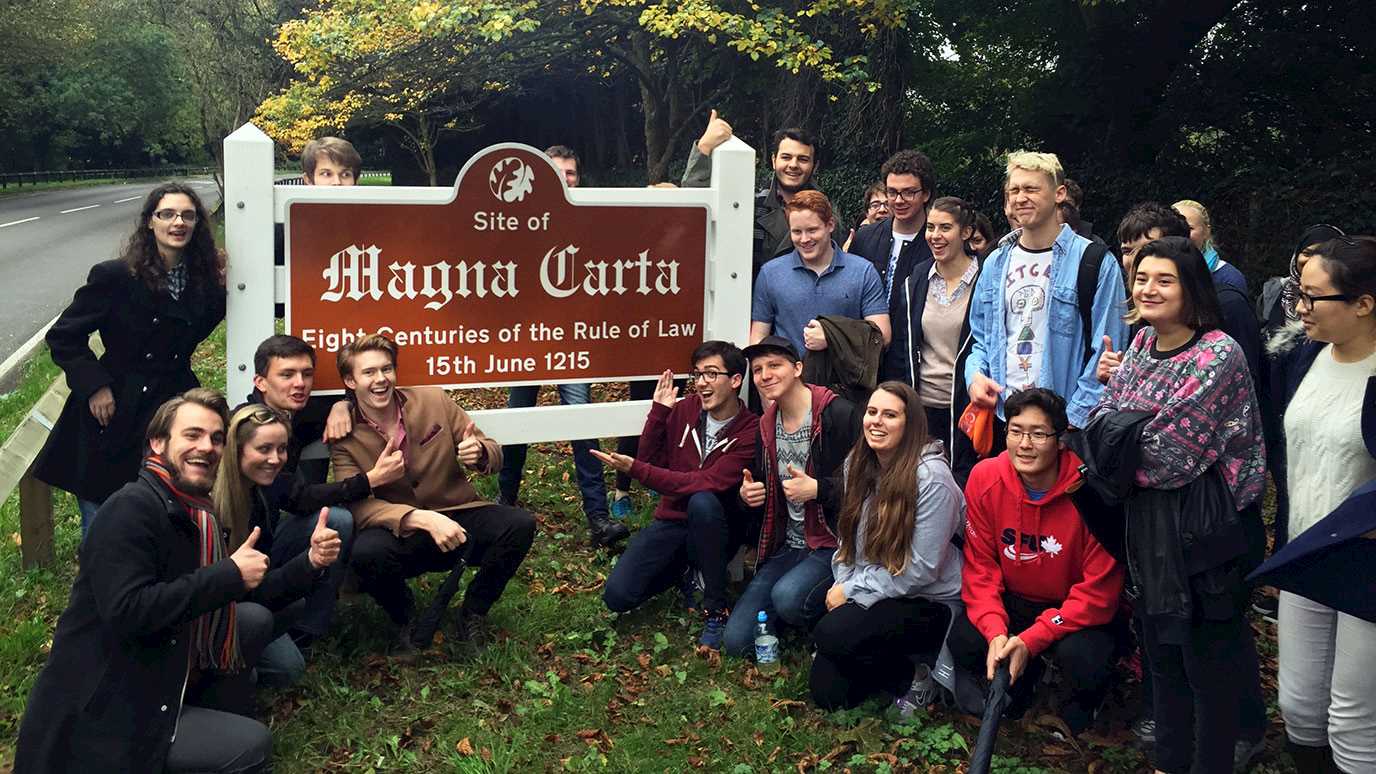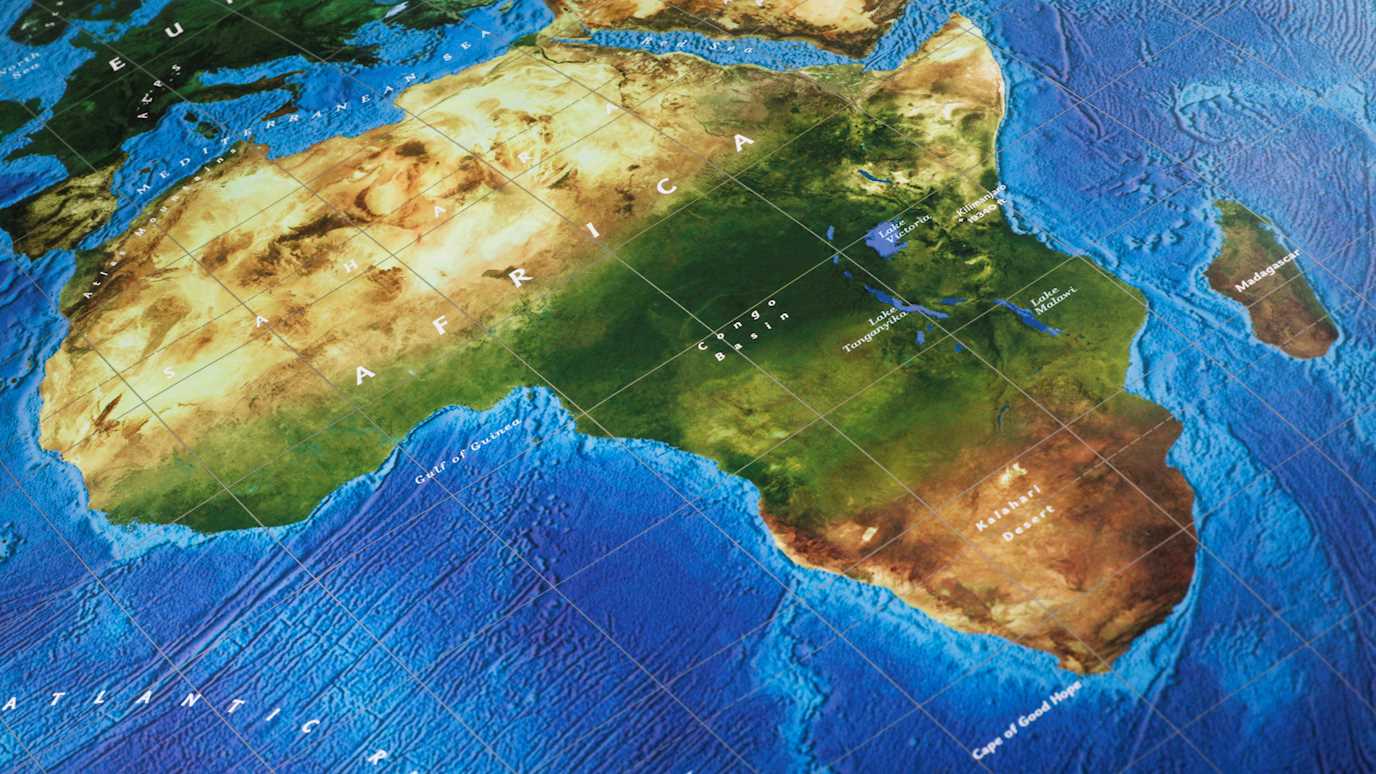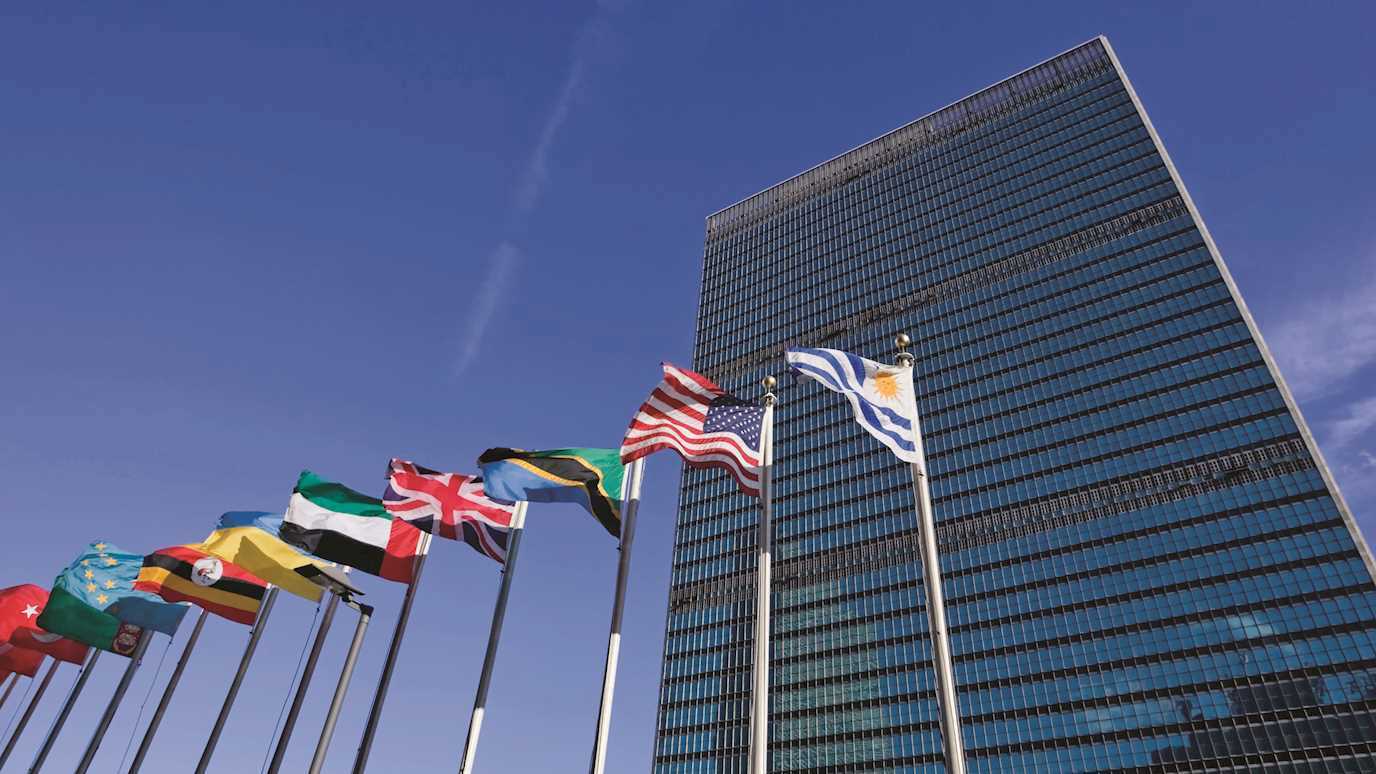A CPTRG research event
Economic historians such as Philip Mirowski (Never Let a Serious Crisis Go to Waste: How Neoliberalism Survived the Financial Meltdown) have detected the politico-theological element in the neoliberal thought collective as a covert extension of Carl Schmitt’s program of authoritarianism. Political theorists such as William E. Connolly (The Fragility of Things: Neoliberal Fantasies, Democratic Activism, and Self-Organizing Systems) have discerned that the neoliberal fetish of market processes as conveyors of absolute knowledge and truth depends on a spirituality of (apparently) radical openness to chance and contingency. And philosophers such as Philip Goodchild (Theology of Money) have analyzed how money itself, as the price of credit, embodies a sacrificial theology wherein the present is permanently indebted to an unredeemable past, but under the guise of pursuing a speculative value of the unforseeable future. Following such insights, I construct the hypothesis that neoliberal governance and economy exhibit a highly specific political theology, one that can be captured as a religion of contingency and a concomitant politics of divination. Following current ethnographic and anthropological research, I define divination as any ritual practice or tradition of obtaining more-than-human knowledge of human life. As such, for neoliberals, the market is the divination tool, par excellence. Market forces and imperatives function as what Mirowski calls a transcendental meta-mind, dispensing absolutely unimpeachable “information,” including the worth, meaning, and purpose of individual or collective destiny. To undo this spiritual-scientific doublespeak, it is necessary not only to fully politicize science (as Mirowski and science studies have already argued), but also to expose the divinatory pretenses of neoliberalism as an inverted echo of universal practices of divination that are, in the last instance, generically human by right. Only in this way can both science and spirituality be politicized otherwise than as neoliberal endgame.
Bio: Joshua Ramey is Assistant Professor of Philosophy at Grinnell College (USA). His research covers a range of issues in political theology and political economy from the perspective of contemporary continental philosophy and critical social theory. He is the author of The Hermetic Deleuze: Philosophy and Spiritual Ordeal (Duke University Press, 2012), co-translator of François Laruelle's Non-Philosophical Mysticism for Today (Palgrave Macmillan, forthcoming), and author of Politics of Divination: Neoliberal Endgame and the Religion of Contingency (Palgrave Macmillan, forthcoming), on which this presentation is based.
























